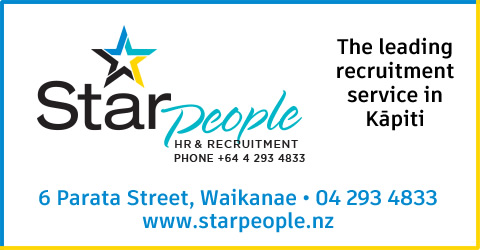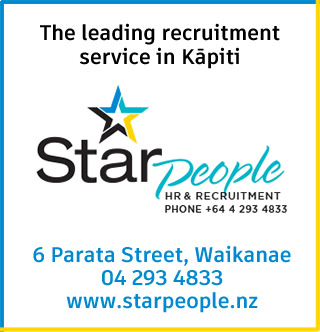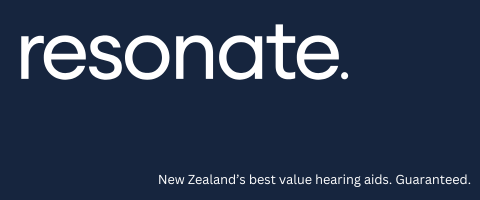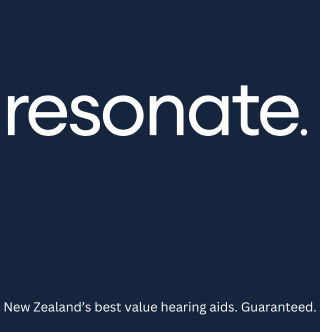There is no such thing as business as usual in Wellington following the November earthquake, says Greater Wellington Regional Council Chair Chris Laidlaw.
“The earthquake has forced us to re-think our vulnerability and big questions remain for the region about how we can get through the next shake, storm or flood. We want to address some of those questions with the public through consultation on our Annual Plan, which starts now.
“Issues it covers include how to ensure the key flood protection, water supply and transport assets are resilient in the face of damage from natural events, and how to minimise the cost to ratepayers of making essential investments in the region that will protect us in the future.
“We are also talking to the government about a collaborative approach to immediate priorities. We have to. We’ve been shaken out of the lifestyle we’ve taken for granted. The extent of the damage to the city and beyond has gradually unfolded and the bill is growing,” says Chris Laidlaw.
Businesses have closed or been disrupted and the lives of some people continue to be significantly affected.
Councillor Laidlaw says the public can no longer afford to be apathetic about local and regional issues. Few people turn out for local body elections, fewer still participate in consultation. Many people don’t seem to care, but that has to change and now is the time.
“More than ever we need to hear the public’s voice as we start the process of rebuilding and strengthening our region. The decisions we make today both at local and regional levels – will directly affect the shape of Wellington and help us manage the impact of another significant shake, flood or storm.”
Consultation on Greater Wellington Regional Council’s Annual Plan 2017/2018 opens today.
“It focuses on strengthening the Wellington region’s ability to cope with natural hazards, while providing a quality natural environment and an improved public transport system. It’s a step towards responding to adversity. And by keeping the rates increase to 5.6 per cent and public transport fares unchanged, we’re trying to take pressure off the regional community,” says Chris Laidlaw.
GWRC has four priorities for 2017/2018:
The regional council is proposing a rates increase of 5.6 percent, down from 9.3 percent proposed in the 10 Year Plan 2015-25. The 5.6 percent increase equates to $28 for an average household, or 54 cents per week.
“We were already working on improving the region’s ability to respond to natural hazards. We are bringing some of that work forward, such as improving flood protection for the most at-risk communities.”
Councillor Laidlaw says much of the increase is made up of committed projects that the regional community has already strongly supported. This includes the council’s continuing programme of investment in regional transport infrastructure.
“More than ever, the public needs to get involved. We need to build a consensus around the way forward. This is the people’s region and their place and we want it to be one that serves the community well and will endure.”
Greater Wellington Regional Councillors approved the consultation document at its 2 March meeting, with public consultation set to begin on 16 March.











































